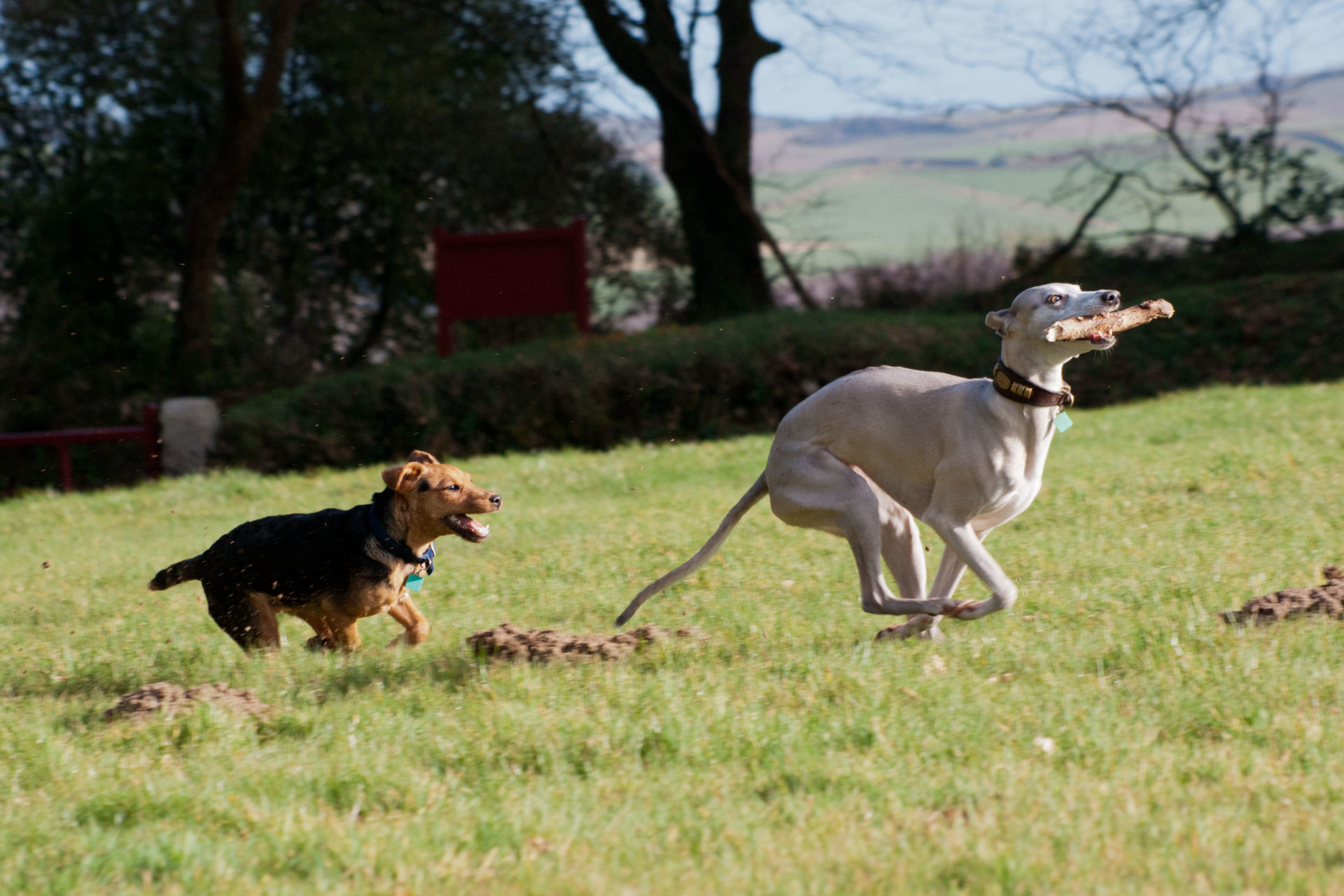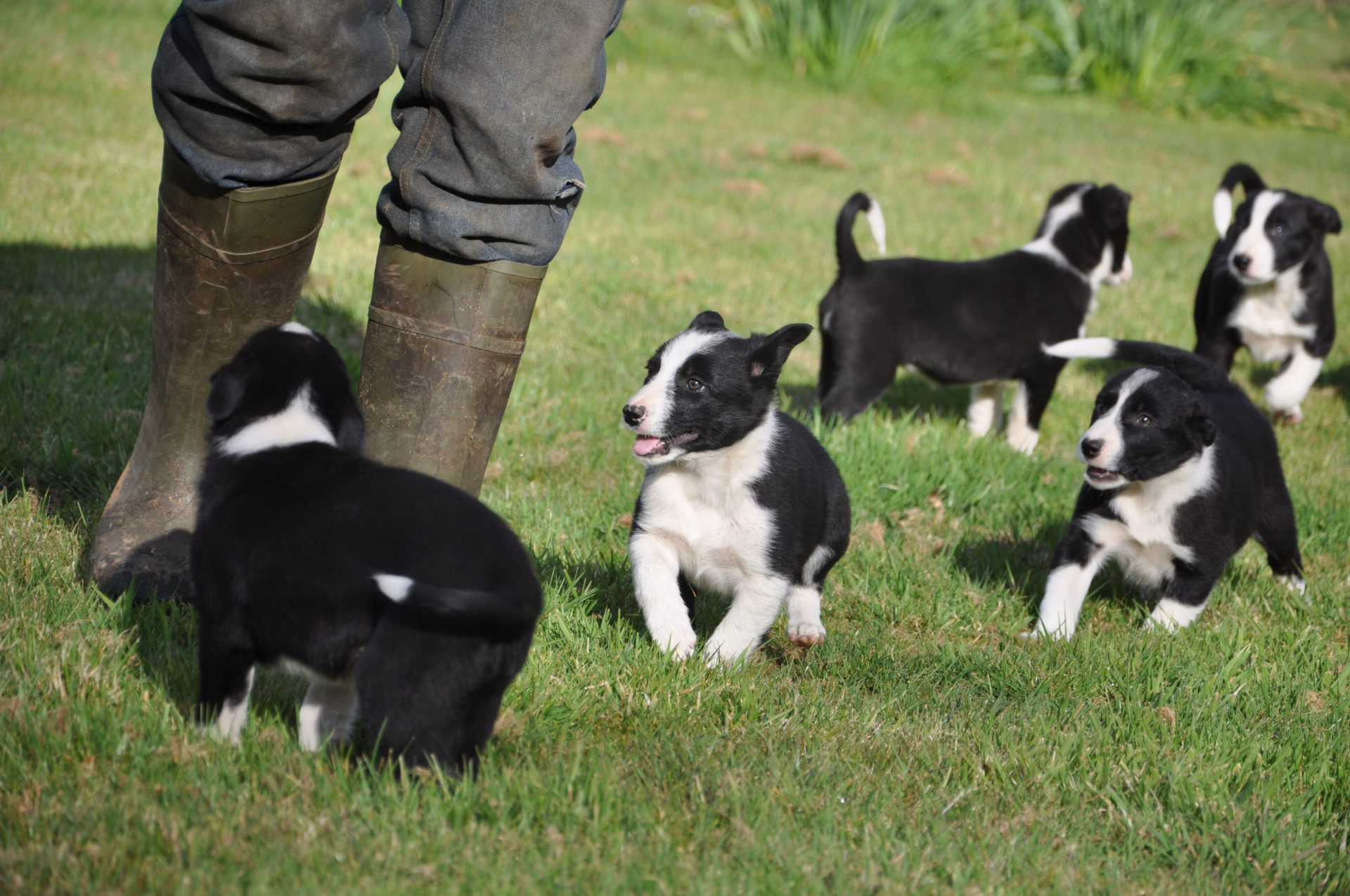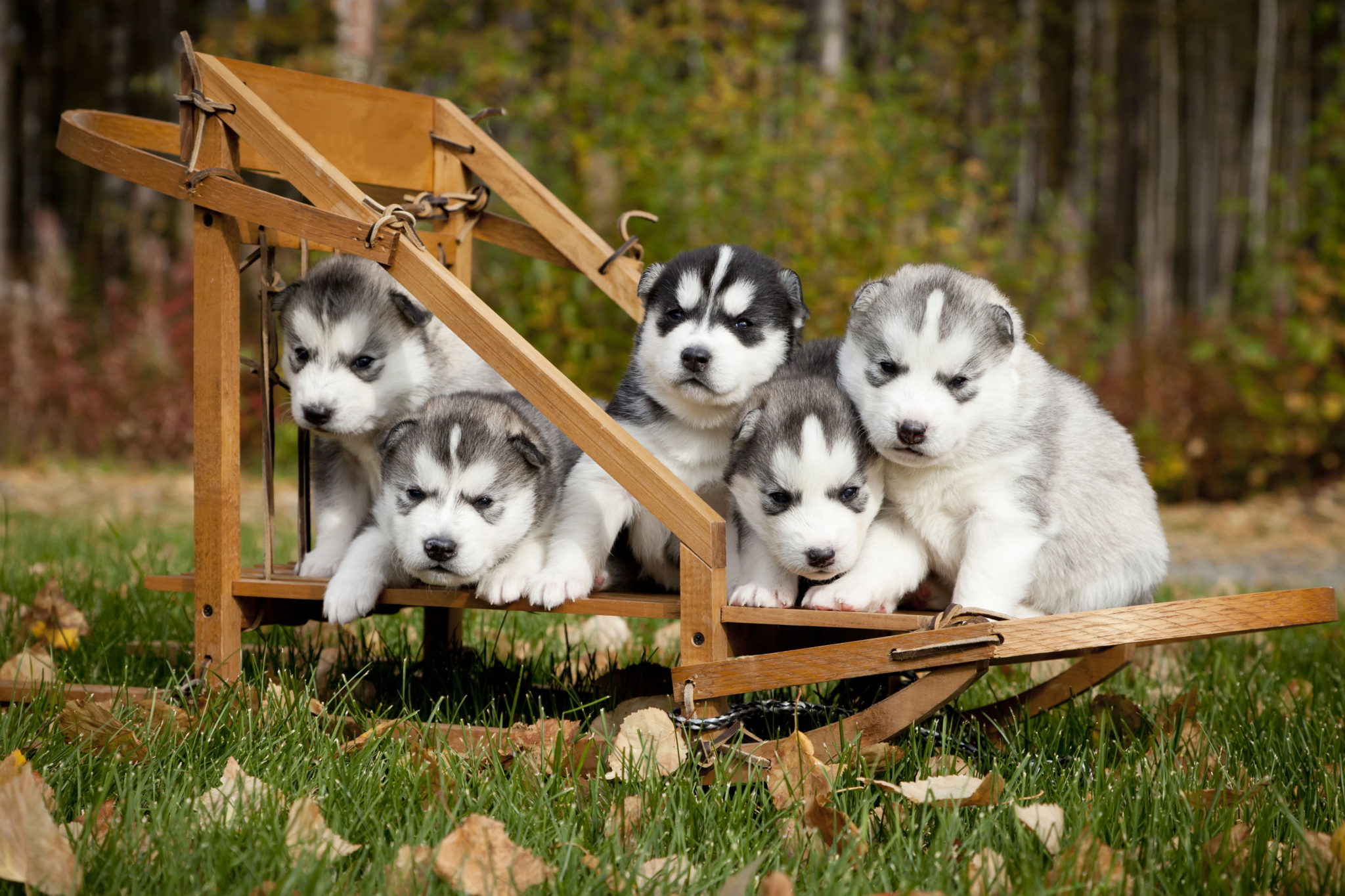Should our pets go vegan for the sake of the planet?
The wild ancestors of our dogs and cats were all meat eaters - but that was centuries ago.
With modern recipes, can a carnivorous pet live a happy and healthy life on a vegan diet?
Speaking on Newstalk Breakfast, climate researcher Sadhbh O’Neill said it is one way a family can reduce their carbon footprint.
“It might seem slightly bonkers but in fact if we’re considering the climate impact of our own diets - which is associated mostly with livestock and meat production - then we’ll definitely have to consider the impact of pets,” she said.
“They contribute, depending on which country and the size of the animal, between 10% and 20% of the livestock emissions.
“Which is staggering and I didn’t realise that myself until I looked into it.”
 Dogs running.
Dogs running.Ms O’Neill admitted the idea of vegan dogs and cats “does sound a bit bonkers” but said humanity has to take radical action if we are to tackle climate change.
“The reality is that if we’re interested in cutting down our emissions, in terms of our diet, livestock emissions are the biggest contributor,” she said.
“So, it takes a lot of land and resources to produce beef, particularly, about 27 kgs of carbon per kilogram of beef - and that’s a lot.”
Ms O’Neill said the impact of beef in particular on the world’s carbon footprint is “very significant and it’s growing”.
“It’s just not sustainable unfortunately,” she said.
“We don’t have enough resources and land in the world to supply everyone with a meat-based diet and their pets as well.”
 Border Collie puppies running around persons legs
Border Collie puppies running around persons legsVegan pet food is now big business and there is growing demand for it from animal lovers who want to own a pet without becoming complicit in the meat industry.
“The question is, is your pet willing to be adventurous and try cuts of meat that are not prime cuts?” Ms O’Neill said.
“There are some sustainable pet food products on the market and also some vegan ones.
“I don’t own a pet myself so I’m not sure how they would take to this.”
 Siberian Husky Puppies. (Credit Image: © Jeff Schultz/Design Pics via ZUMA Wire)
Siberian Husky Puppies. (Credit Image: © Jeff Schultz/Design Pics via ZUMA Wire)Another way to cut down on the carbon footprint is to adopt an animal that already exists - rather than buying from a breeder.
“We have to think carefully about introducing new animals,” she said.
“We could be adopting them from shelters rather than purchasing them from breeders and not adding to excessive numbers - lots of whom end up in shelters.
“Think about maybe sharing a dog? Maybe walking somebody else’s dog?”
Animal shelters across the country are currently overwhelmed with people surrendering the pets due to the housing and cost of living crises.









